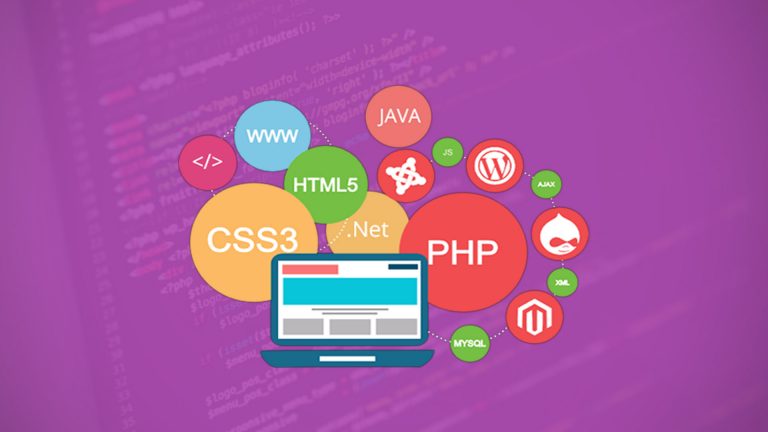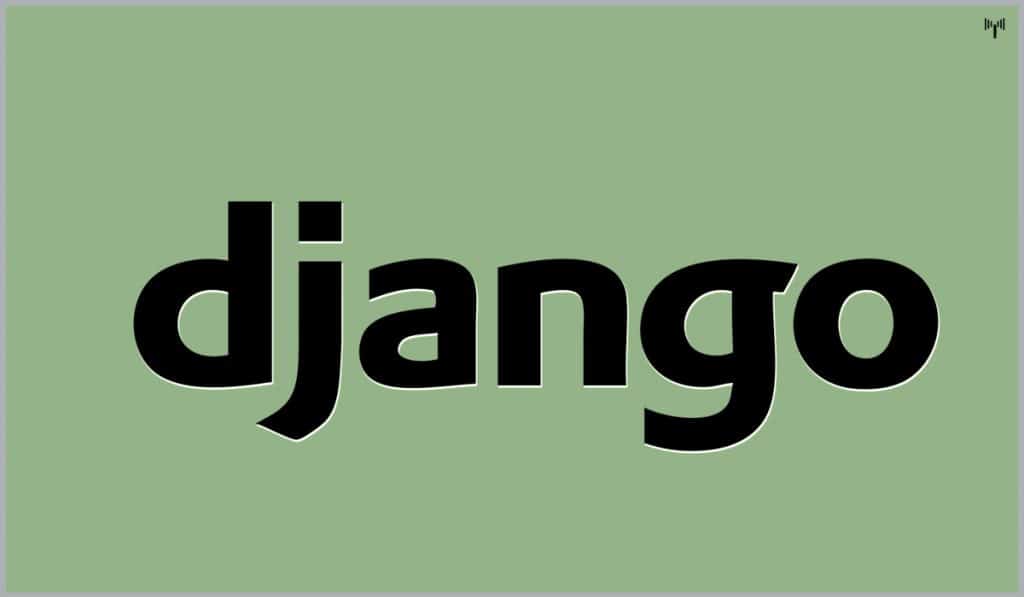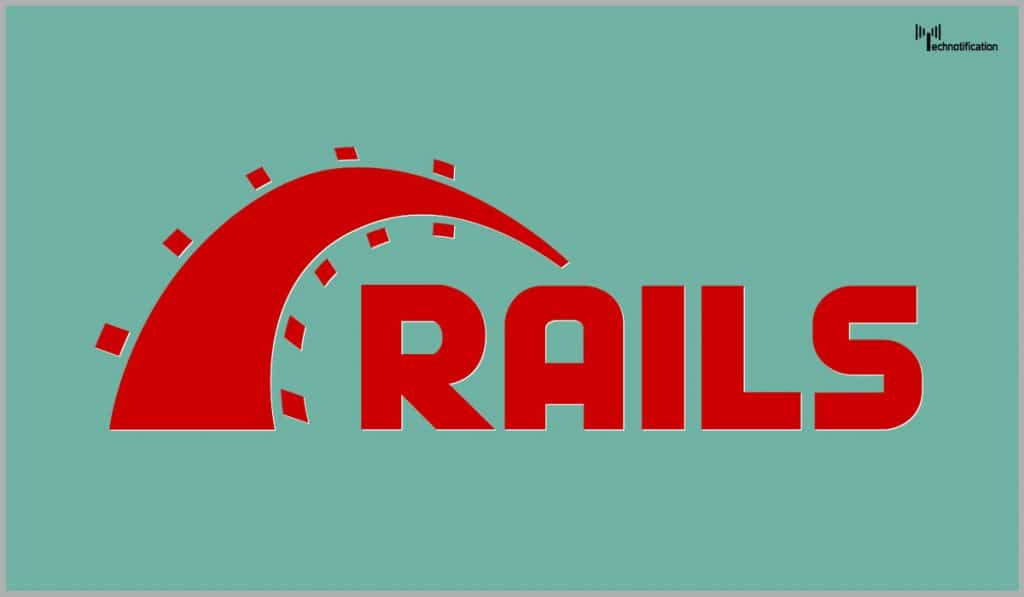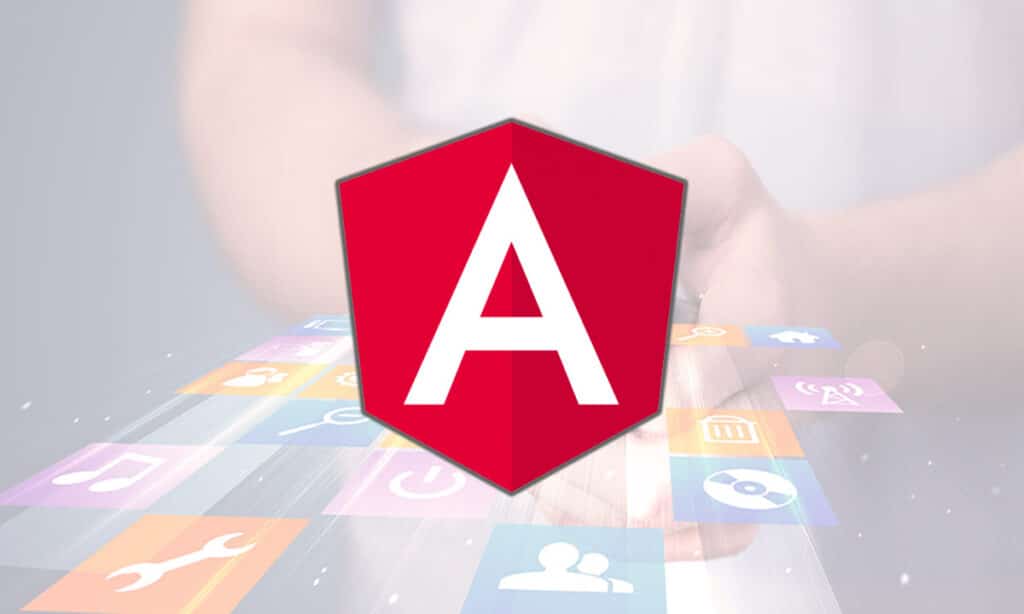In recent years, web development has gone through some kind of evolution. It has become easier and more enjoyable. One of the things that are attributed to these changes is the presence of web development frameworks. They simplify the whole web development process. There are many frameworks out there. The big question is: Which are the best web development frameworks to use in 2019?
Before you choose a web development framework, here are some of the questions that you should ask yourself:
- Does the framework support specific features of your web project?
- What is the size of the community that is using the framework?
- Will the framework be able to serve its purpose?
While taking the above questions into deep consideration, here are the best web development frameworks in 2019.
Contents
Best Web Development Frameworks
1. Laravel
Language: PHP
Are you a PHP web developer? Consider making Laravel your framework of choice in 2019. This is an open source PHP framework that has been in existence for quite a number of years. It has managed to win the hearts of many web developers.
Laravel uses the Model-View-Controller (MVC) architecture. It a perfect choice for social media sites, online forums, content management systems, and news websites. There are several reasons why Laravel is a popular web development framework that is expected to dominate in 2019.
First, it is an inherent framework thanks to various key features such as ORM composers, templating features and database migration feature. The framework simplifies the process of authenticating and caching. Laravel has an inbuilt feature for creating API. This simplifies the process of routing.
Also, Read: 5 Easiest Programming Languages to learn in 2019
2. Django
Language: Python
For those who would like to have easy sailing in 2019, Django is the framework to use. The fact that it is written in Python means that you won’t have to deal with many unfamiliar symbols. Django rides on the popularity of Python, a language that is currently ranked among the most popular programming languages. This automatically means that Django has a big community.
Django is a framework that you can easily learn and implement without struggling. It also uses the Model-View-Controller (MVC) architecture. If you are planning to build a complex website that will deal with lots of data, consider using Django. It is a perfect option for data-driven websites.
Also, Django shortens the period of web development. You will be able to reuse various components of a project without having to code them afresh. It also provides powerful security measures especially when it comes to critical issues such as password management. This eliminates various security threats such as SQL injection.
Although the routing process may be a little bit technical in Django, the massive community will always be there to back you up.
3. Ruby on Rails
Language: Ruby
Ruby on Rails is a server-side framework that is based on Ruby programming language. The framework follows Rapid Application Development (RAD) since it fully supports code re-usability and adapts to changes fast.
Ruby on Rails is an open source web development framework. This means that you don’t need to configure any files when using it. This will in turn help to speed up the web development process. Furthermore, Ruby supports the RESTful architecture which ensures that web applications are developed within a logical structure. The architecture is an ideal option for building distributed systems.
Rails help to solve one of the issues that most programmers avoid-documentation. The Ruby code is self-documenting hence eliminating the need for creating separate documentation. The framework is a perfect choice for the agile software development cycle. In overall, Ruby on Rails is a framework that will boost your productivity.
4. Angular JS
Language: JavaScript
From the name, you can easily tell that this is a JavaScript framework. It is true. Angular is a JavaScript framework that is mainly used on the front-end of websites. The framework can come handy especially when you are building dynamic web applications.
Angular JS follows the Model-View-Control (MVC) architecture. This makes it an ideal framework for single-page web applications. The framework also comes with various components that are critical for any developer. They include controllers and directives. If you are building a real-time web application, this is a framework that you should consider using. This is because it simplifies the process of managing the changes.
There is one more reason why Angular JS is on this list. It has a large community. This means that you will easily get help and support whenever you need.
5. Spring
Language: Java
If you are planning to build a web application using Java, consider using Spring framework. It is fully based on Java programming language. Spring follows the Model-View-Controller (MVC) architecture hence can get the job done as fast as possible. You don’t need to configure any files or settings when using Spring.
Spring has a special feature known as Spring Cloud. This feature simplifies the task of building distributed systems. It also allows proper coordination of microservices.
Parting shot
It is my hope that with this list, you will be able to choose the best web development framework to use in 2019. You don’t have to postpone working on your web projects or give any excuses why you are yet to launch a product. Just analyze your requirements and choose the web development framework that will do the job.
The good thing is that on this list, I have not narrowed down on any specific language. The frameworks on the list are for different languages. Whether you are building a website using PHP, JavaScript or even Python, you will find an ideal web development framework to use.




